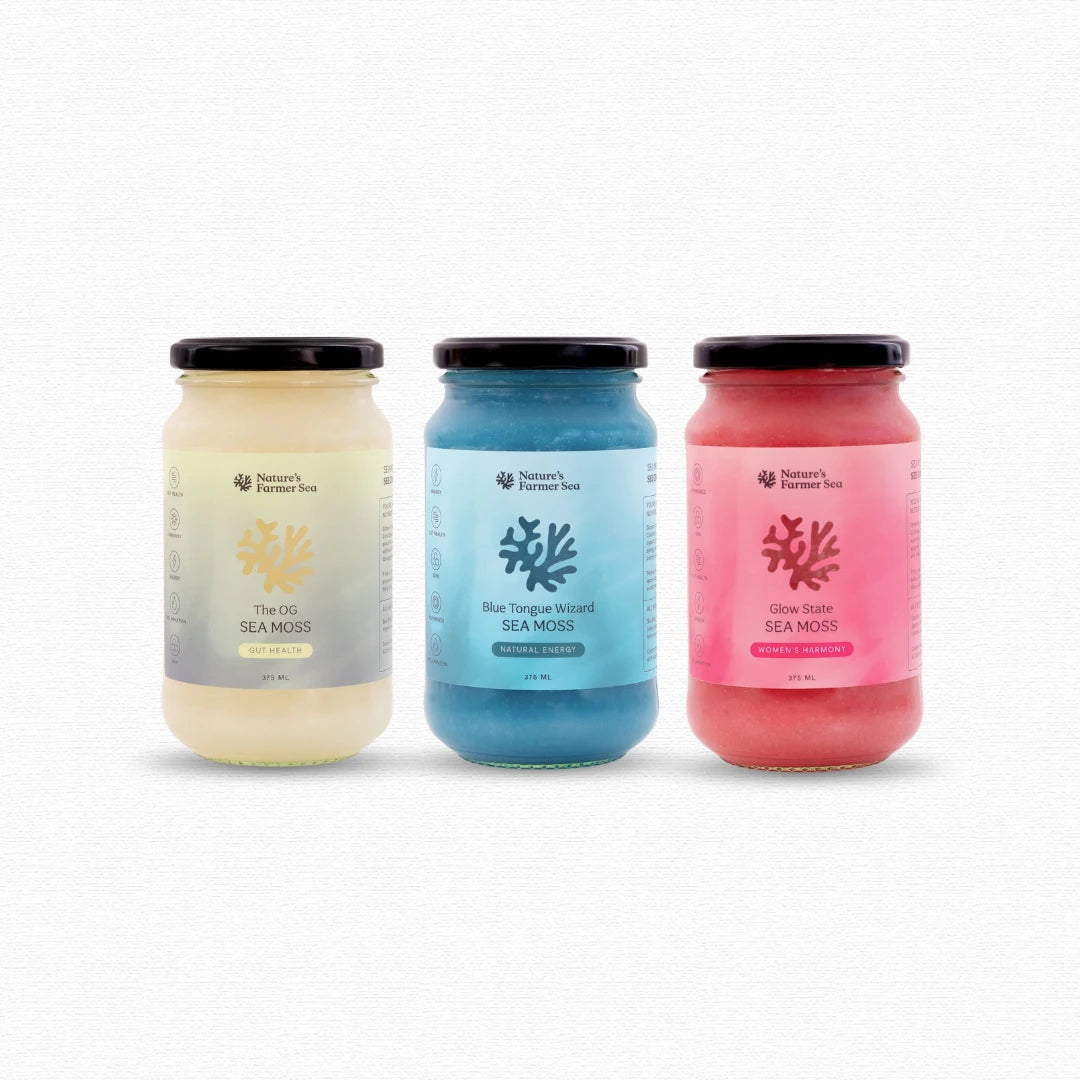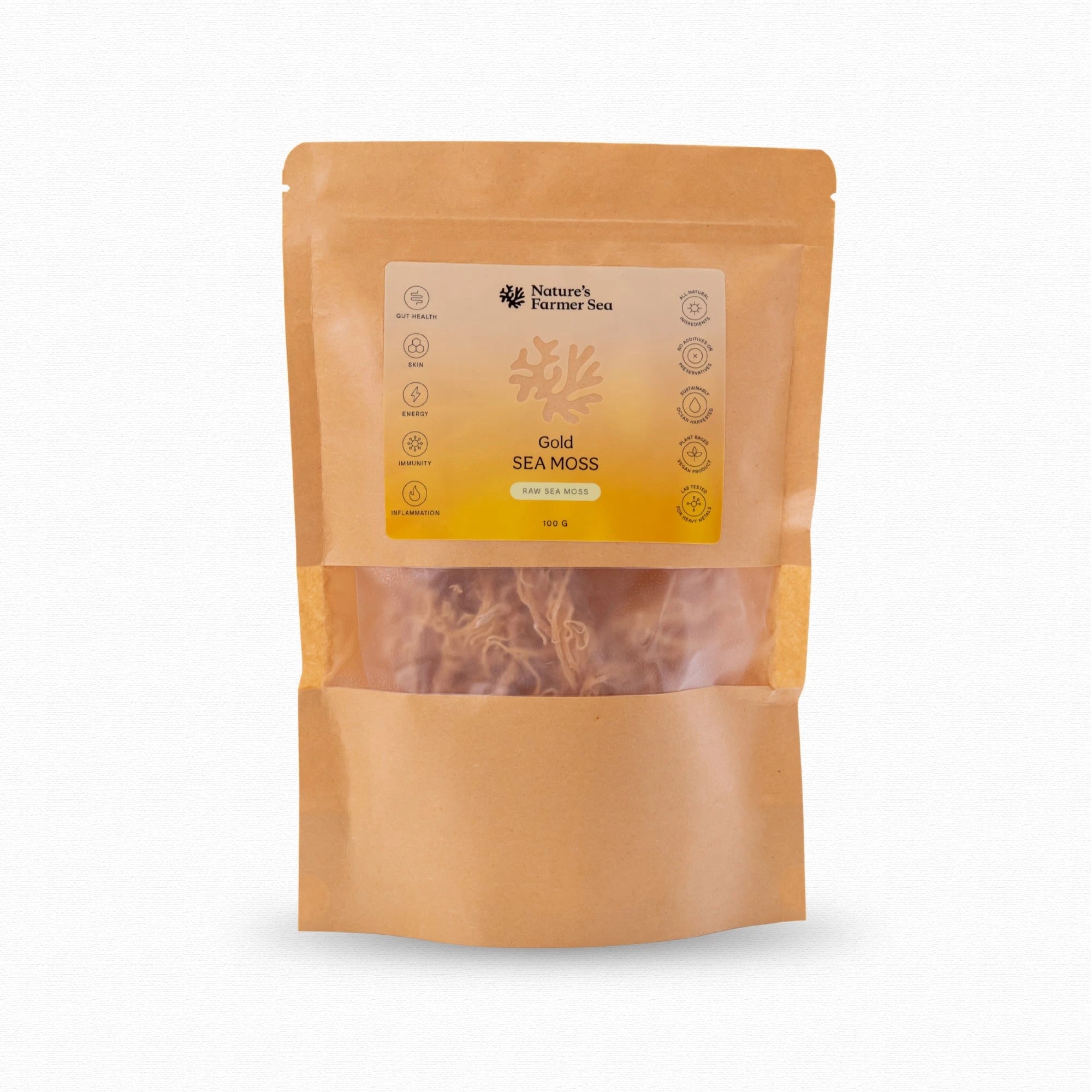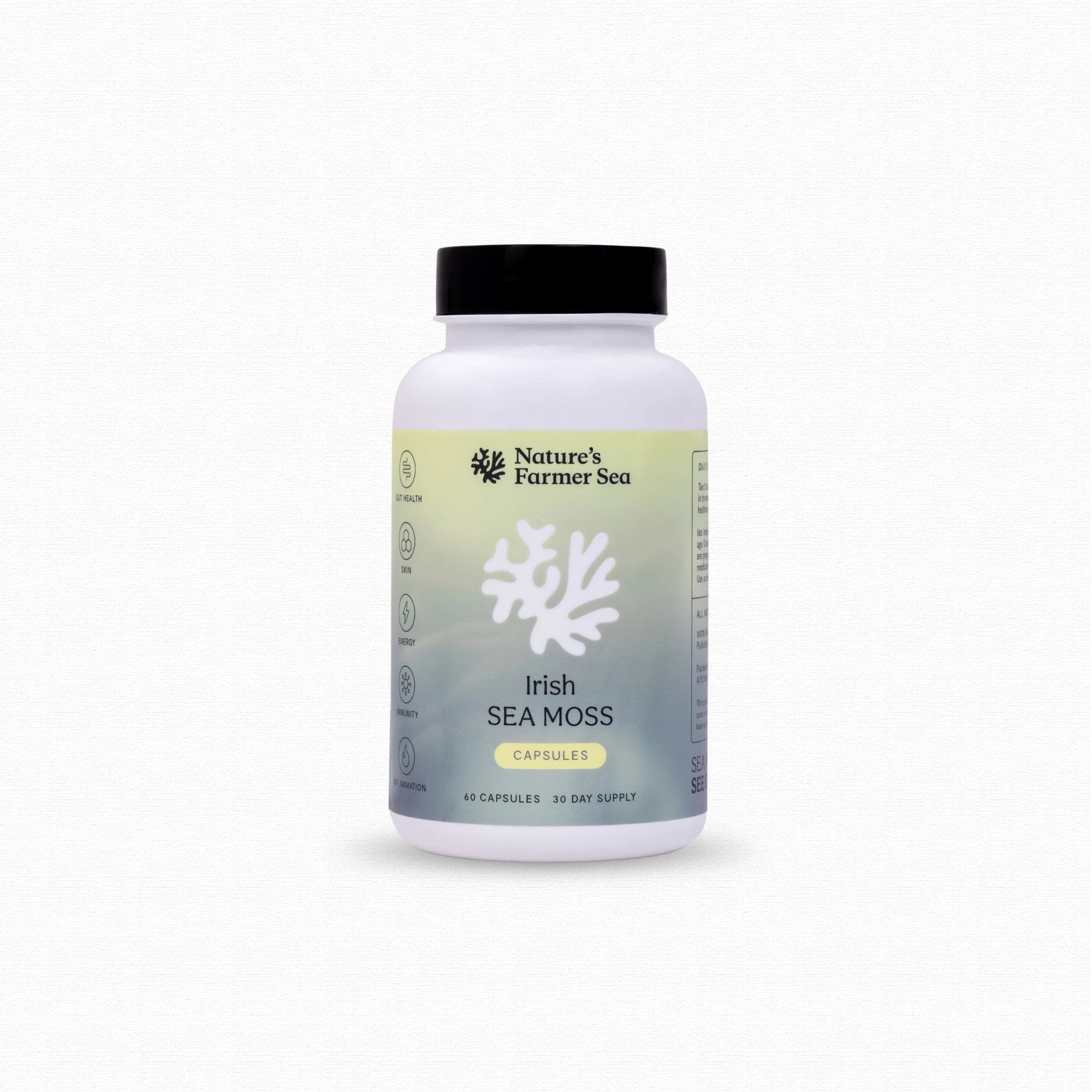Effective Leaky Gut Treatment with Sea Moss Gel
The term ‘leaky gut’, or formally known as intestinal permeability, has gained significant popularity on social media in the past few years, making the sale of expensive health products profitable in claiming to fix this disease state. Intestinal permeability is a condition where the lining of the small intestine becomes more porous (leaky) than normal, allowing substances such as undigested food particles, toxins, and bacteria to leak into the bloodstream. This condition has been associated with various health issues, including inflammation, autoimmune disorders, and digestive problems.
The Science Behind Leaky Gut
The lining of the small intestine is composed of a single layer of epithelial cells held together by tight junctions. These tight junctions act as a barrier, regulating the passage of substances through the intestinal lining. Disruption of tight junctions can lead to increased permeability. Factors such as inflammation, infections, dietary factors, stress, and certain medications may compromise the integrity of these tight junctions.
Dietary Factors and Their Impact
Chronic inflammation in the gut can contribute to the breakdown of the intestinal barrier. Dietary influences such as processed and refined grains, sugars, beverages, and other carbohydrates, in addition to alcohol, hydrogenated vegetable oils (canola, soybean, sunflower, safflower, rapeseed, corn), additives and pesticides can cause chronic inflammation in the gut and exacerbate intestinal permeability, leading to symptoms of bloating, gas, undigested food in stools, constipation, and/or diarrhoea.
Sea Moss Gel: A Natural Solution
Natures Farmer Sea’s Sea Moss Gels have the ability to increase mucin synthesis, which thereby enhances the integrity of the mucosal barrier, reducing the risk of inflammation caused by the penetration of unwanted substances through the intestinal lining. Tumor Necrosis Factor-alpha (TNF-α), Interleukin-4 (IL-4), and Nuclear Factor Kappa Beta (NF-κB) are pro-inflammatory molecules that are all up-regulated when intestinal permeability is present; Sea Moss downregulates the expression of each of these inflammatory mediators, therefore aiding to modulate the body's inflammatory response and decrease the severity of intestinal permeability.
The Role of Gut Microbiota in Leaky Gut Treatment
The balance of microorganisms in the gut, known as the gut microbiota, plays a crucial role in maintaining a healthy intestinal barrier. Imbalances in the gut microbiota (dysbiosis) can contribute to inflammation and compromise the integrity of the intestinal lining, leading to increased permeability.
Sea moss may increase the relative abundance of beneficial bacteria such as Bacteroides, Akkermansia, and Lactobacillus. These bacteria play essential roles in maintaining a healthy gut environment and supporting overall digestive health. In addition, sea moss may also contribute to a reduction in the abundance of harmful bacteria associated with dysbiosis, such as Lachnospiraceae, Desulfovibrio, and Lachnoclostridium. Elevated levels of these bacteria have been linked to inflammation and other gut-related disorders.
References:
Anyanji, V. U., Mustapha, N. M., Lim, S. L., & Mohamed, S. (2015). Seaweed (Eucheuma cottonii) reduced inflammation, mucin synthesis, eosinophil infiltration and MMP-9 expressions in asthma-induced rats compared to Loratadine. Journal of Functional Foods, 19, 710-722. Lyu, M., Wang, Y. F., Fan, G. W., Wang, X. Y., Xu, S. Y., & Zhu, Y. (2017). Balancing Herbal Medicine and Functional Food for Prevention and Treatment of Cardiometabolic Diseases through Modulating Gut Microbiota. Frontiers in microbiology, 8, 2146. https://doi.org/10.3389/fmicb.2017.02146 Shannon, E., Conlon, M., & Hayes, M. (2021). Seaweed Components as Potential Modulators of the Gut Microbiota. Marine drugs, 19(7), 358. https://doi.org/10.3390/md19070358 Vanuytsel, T., Tack, J., & Farre, R. (2021). The Role of Intestinal Permeability in Gastrointestinal Disorders and Current Methods of Evaluation. Frontiers in nutrition, 8, 717925. https://doi.org/10.3389/fnut.2021.717925 Zang, L., Baharlooeian, M., Terasawa, M., Shimada, Y., & Nishimura, N. (2023). Beneficial effects of seaweed-derived components on metabolic syndrome via gut microbiota modulation. Frontiers in nutrition, 10, 1173225. https://doi.org/10.3389/fnut.2023.1173225




